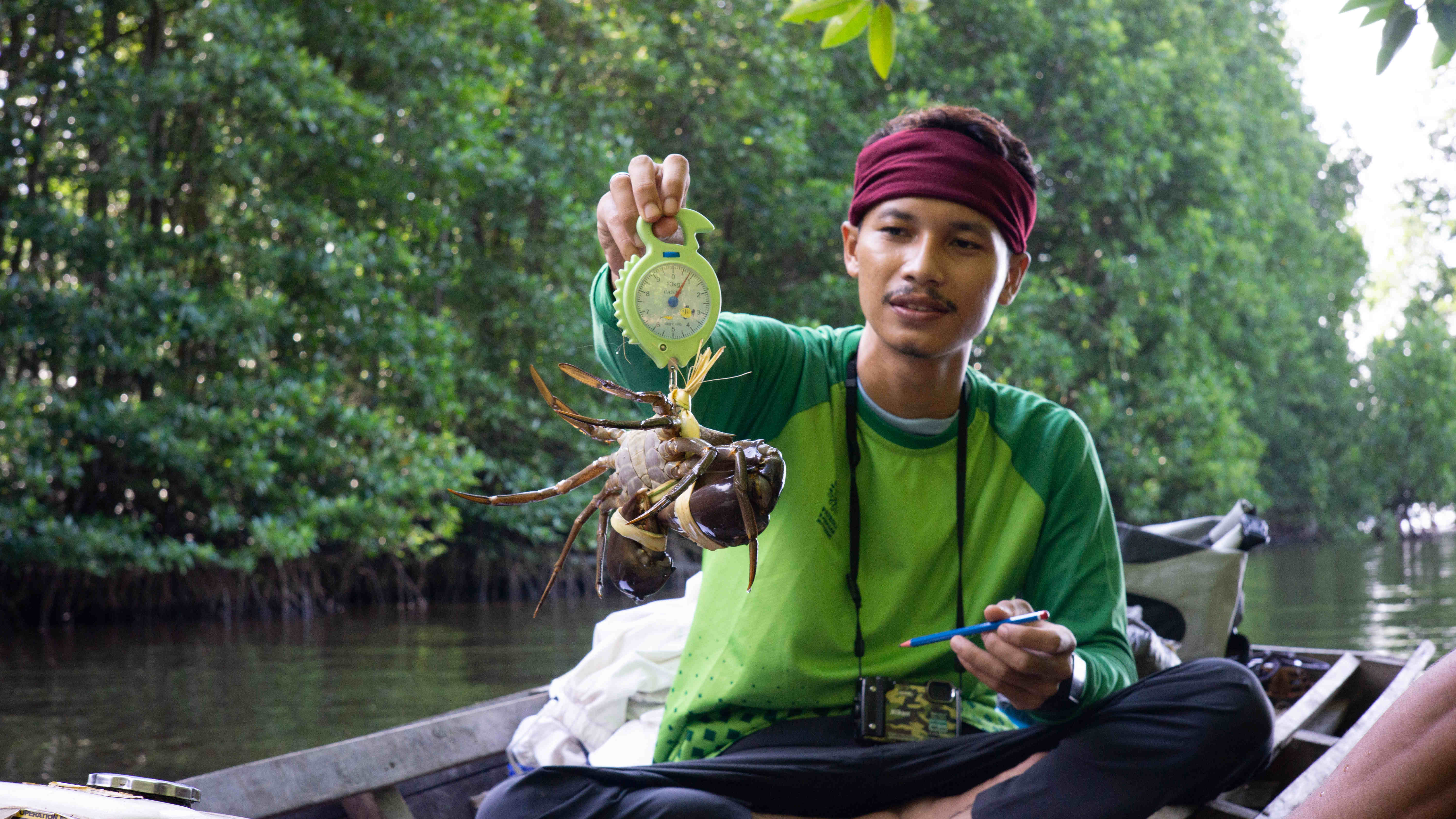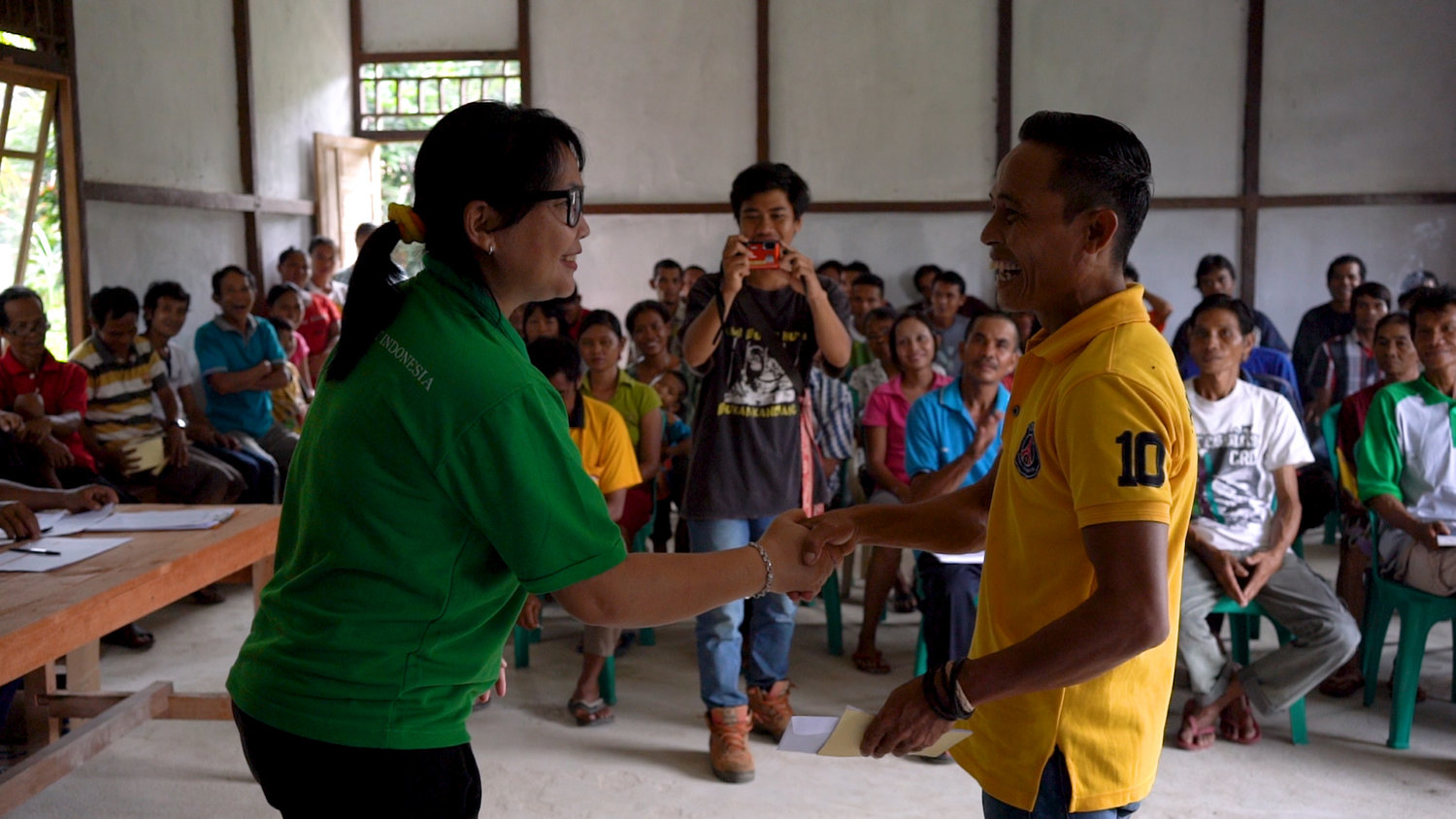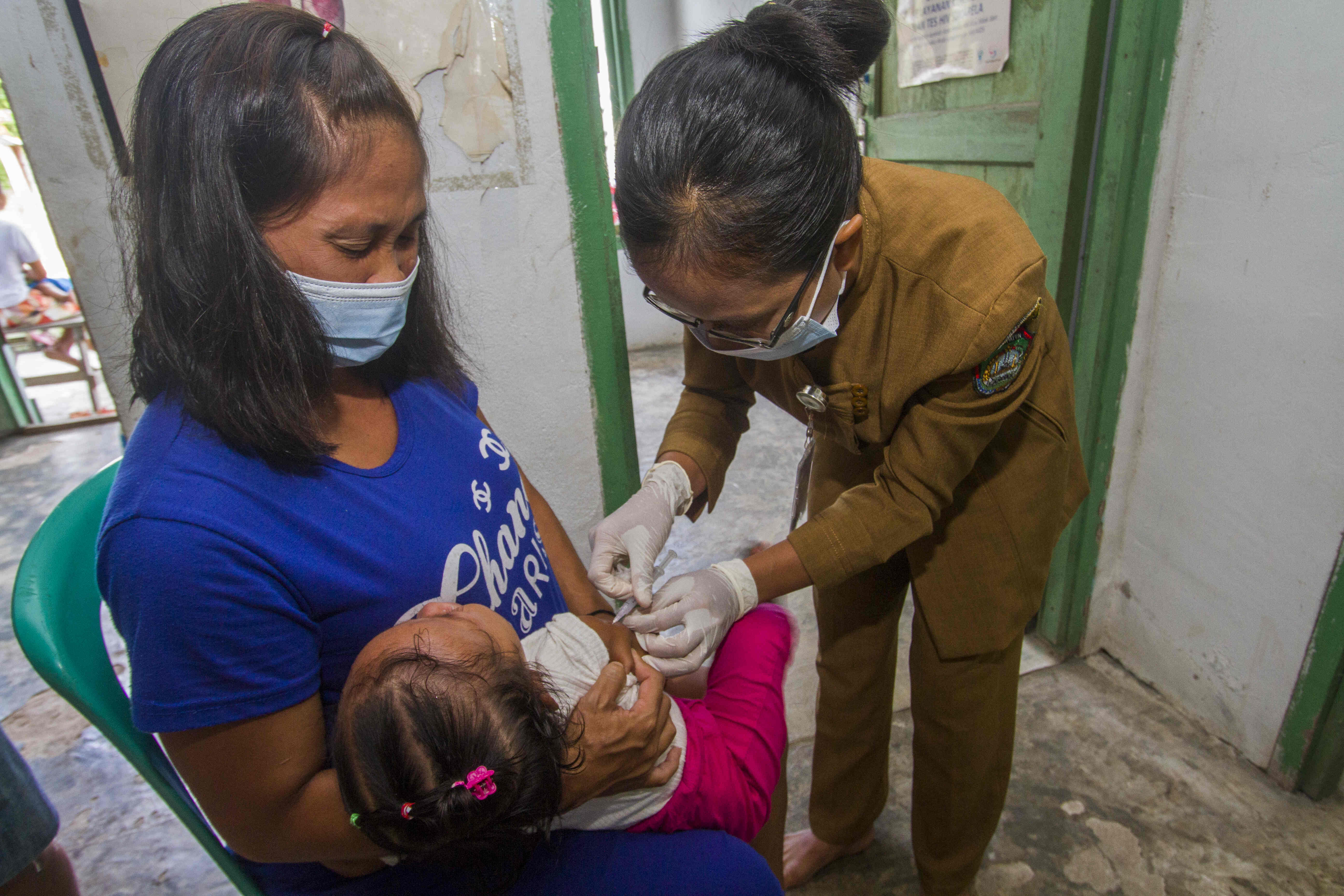Local communities creating conservation cooperatives in Indonesia
Organization: YAYASAN PLANET INDONESIA
Donor: PLANET INDONESIA IS SUPPORTED BY FOUNDATION, GOVERNMENTAL GRANTS AND INDIVIDUAL DONATIONS.
Beneficiaries: 2,500
In the province of West Kalimantan in Indonesia, communities that are increasingly on the front-line of climate and socio-economic change are building a better future through Conservation Cooperatives.
The ever more extreme and erratic climate is disrupting the livelihoods of indigenous peoples and local communities in West Kalimantan, and threatening their wellbeing. Not only does this marginalize these vulnerable groups, but also forces them in times of emergency to overexploit the very ecosystem on which they depend.
Pak Milas, an ex-poacher turned conservationist from the village of Tauk explains how rural poverty can lead local people to engage in cultural and environmental degradation:
“In my village, it’s very difficult. We have close to nothing. The first problem is that there’s a low level of education. Second, we are too dependent on logging and hunting in the forest to survive our daily lives. We have been dependent in that way for a few generations now.”
Planet Indonesia – a grassroots organization that exists to conserve at-risk ecosystems through village-led partnerships – is working to create sustainable pathways to socio-economic well-being. Their ‘Conservation Cooperative (CC)’ intervention aims to end the feedback loop in which vulnerable households, which are unable to meet their basic health, wellbeing, and financial needs, extract yet more natural resources, culminating in spiraling poverty.

The Conservation Cooperatives then come up with solutions together through a participatory approach driven by listening, responding, and adapting to the opportunities and challenges faced by local communities. Every Cooperative is a community-owned, legally registered entity that functions through sub-working groups to cover local economies, natural resource management, health, education, and environmental conservation initiatives.
Planet Indonesia provides a wide range of support. This includes helping communities secure tenure rights and access to resources, which are a real lifeline for rural communities; working alongside communities to develop resilient livelihoods and improve access to healthcare and education; and providing training and technical assistance to communities to manage resources in an effective way.
Pak is now more confident about what the future holds for his local community:
“Now hopefully [with new knowledge and resources], the community can change, to decrease our logging, decrease our hunting and protect threatened species.”
“After the year I have spent with Planet Indonesia, I am now more aware. I’m a member of the conservation cooperative and learning to be a sustainable farmer. The changes I’ve seen in my life, is the hope I see for my community.”

Direct funds are provided by Planet Indonesia to establish a village savings and loans (VSL) program, together with a monthly stipend to Community Mobilizers. These individuals, who are members of the Conservation Cooperatives, help to liaise with community members to ensure that all adaptation activities are locally led. The day-to-day activities and finances of the VSL program are managed by the members of its sub-working group and a Credit Committee.
Women are highly involved in the intervention. Focus group discussions take place before village-level partnerships are initiated, including female-only groups to examine solutions through a female lens.

Women and girls constitute 45 percent of direct beneficiaries, and Planet Indonesia focuses on enhancing opportunities for them to assume decision-making roles, in addition to improving access services specific to them. The Healthy Family Program and the Literacy Program, for example, create access to basic healthcare services and education opportunities specifically tailored toward rural women and girls.
Since the launch of the project in a single village in 2015, Conservation Cooperatives has expanded to 25 villages in four different locations across West Kalimantan, including the Gunung Niyut Nature Reserve, the Gunung Naning Protection Forests, the Kubu Raya mangrove forests, and Karimata island. This has involved helping over 2,000 local people with direct livelihood and social benefits through Planet Indonesia’s program activities, and protecting 600,000 hectares of at-risk ecosystems – an area equivalent in size to that of over one million football fields.

Planet Indonesia’s five-year strategic plan focuses on creating and testing knowledge products and frameworks that will allow other organizations to replicate their approach. The organization has already partnered with six Indonesian NGOs to implement the Conservation Cooperatives approach in their own local context. Scaling out in this way is set to address the specific needs of Indigenous peoples and local communities in other regions. By 2026, the intention is to work through 15 partners across Indonesia in Sumatra, Kalimantan, Sulawesi, Lombok, Maluku, and Papua.
Yayasan Planet Indonesia
Pictures are taken within the framework of Yayasan Planet Indonesia